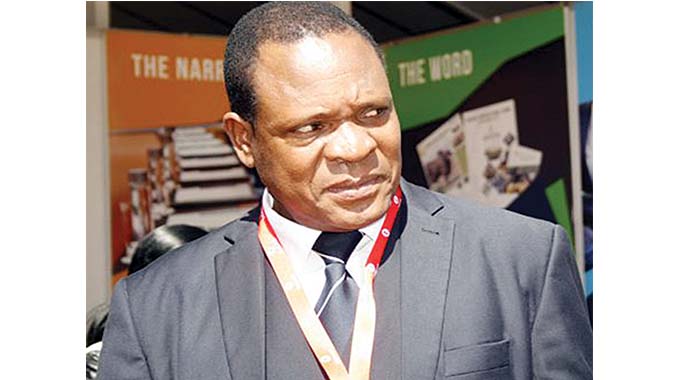COMMENT: Grain exports: Dream big, start small

After a long period of slow growth in agriculture, food shortage and the resulting need to import food so the population does not go hungry, the inverse is happening in our country.
Yes, the country exports fresh and dried fruits, mushrooms and vegetables etcetera especially to Europe but had not exported maize and wheat in a very long time. No country would export its staples when its people lack them.
The economy spent huge sums of scarce foreign currency importing maize and wheat from Brazil, Russia, Ukraine and South Africa. We did not like it when foreign donors came into the country bearing food parcels for the hungriest of our people. You know, a family loses its dignity when it cannot fend for itself and has to rely on the generosity of a stranger for it to get by. Begging for anything isn’t right, worse if it is for food.
We reclaimed our collective dignity a year or two ago when we produced enough maize and wheat for national consumption. That was the first step. A year or two after producing enough to meet demand, the country had to move a step up, and that step up is to be able to export. This year marks that break from tradition.
In a post-Cabinet media briefing on Tuesday, Information, Publicity and Broadcasting Services Minister, Monica Mutsvangwa said Cabinet received an update on summer crops marketing and winter wheat production, which was presented by the Minister of Lands, Agriculture, Fisheries, Water and Rural Development, Dr Anxious Masuka.
She said regarding wheat, the country’s stocks stand at 140 029 tonnes, which are sufficient to provide eight months’ cover, and the monthly allocation stands at 21 000 tonnes. That tonnage is available some three months ahead of this year’s winter harvest.
“Considering that the country is wheat self-sufficient, discussions are underway with neighbouring countries on possible wheat exports,” said Minister Mutsvangwa.
The country is looking to export 10 000 tonnes of wheat to Rwanda. A shipment of maize is likely to be sent out to Mozambique.

Minister Monica Mutsvangwa
The turnaround is remarkable — a net importer, a beneficiary of foreign donations becoming a net exporter and donor within two years. In talking about our country being a donor, we must recall that in March, President Mnangagwa travelled to Malawi to hand over 300 tonnes of maize meal to people who had been affected by a cyclone in that country.
Indeed, the parcels of maize and wheat the country will export to Rwanda and, possibly, Mozambique over the next few months will be small.
“Dream big. Start small. But most of all, start,” says British leadership expert and author, Simon Sinek.
He adds:
“The hardest part is starting. Once you get that out of the way, you’ll find the rest of the journey much easier.”
Indeed, by dispatching the staples to Rwanda and Mozambique, our country would have “started small,” as Sinek exhorts; and our country would have overcome the “hardest part,” which is “starting.”
From then on, food production will grow in our country as we produce more under irrigation, expand the hectarage under food crop and enhance productivity. When that happens, exports will grow, grow and grow. Our country would become one of the biggest food exporters in the region, regaining its status as the bread basket of the bloc.
The key is “to start,” as Sinek says, once we do that we will “find the rest of the journey much easier.”









Comments